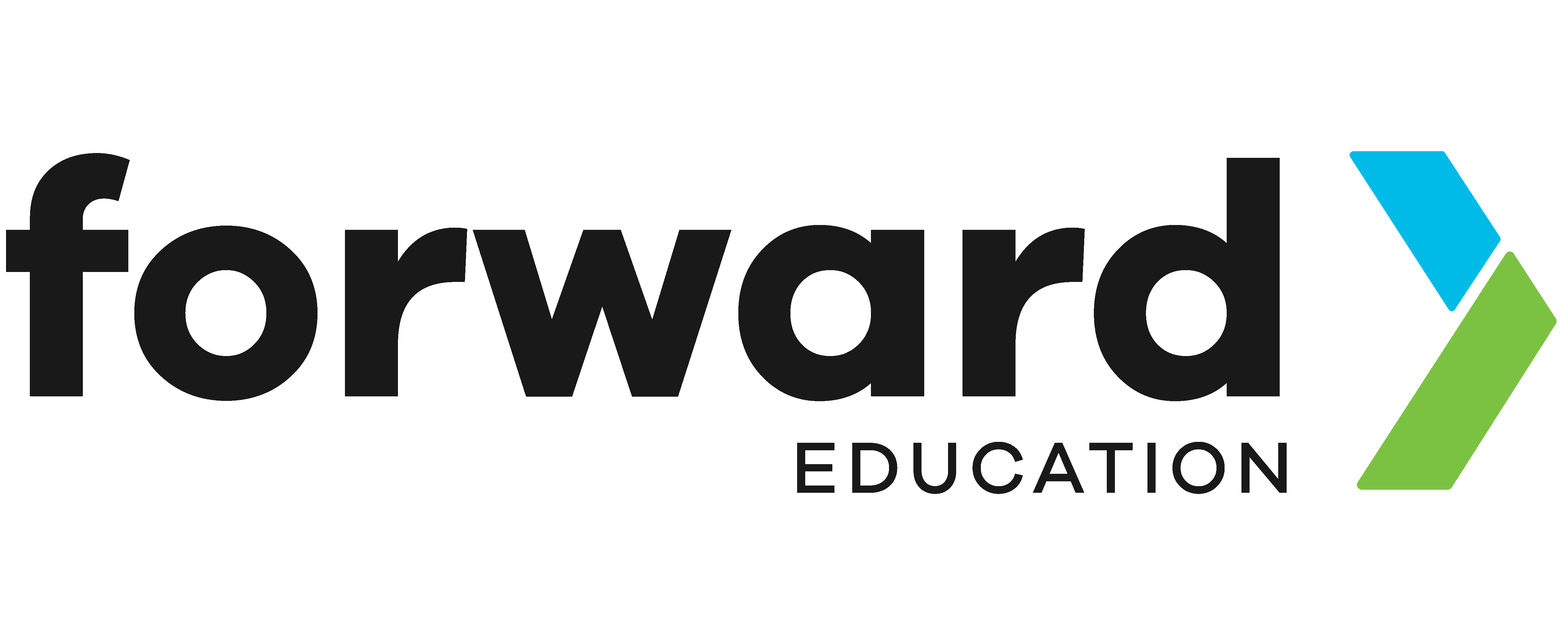Learning Goals Accordion
- Explain the educational philosophy and pedagogy underpinning the Climate Action Kit lesson library
- Describe the structure of a Climate Action Kit lesson, including the Big Idea and Take Action sections
- Explain how Climate Action Kit lessons scaffold learning using the Use, Modify, Create (UMC) framework
- Share lessons with your students
- Access supporting resources to help you facilitate each lesson
Standards Accordion
Standards for CS Teachers
Standard 1. CS Knowledge and Skills
1a. Apply CS practices
Standard 2. Equity and Inclusion
2e. Use accessible instructional materials
Standard 3. Professional Growth and Identity
3a. Pursue targeted professional development
3b. Model continuous learning
3e. Leverage community resources
Standard 4. Instructional Design
4a. Analyze CS curricula
4b. Develop standards-aligned learning experiences
4c. Design inclusive learning experiences
4d. Build connections between CS and other disciplines
4e. Plan projects that have personal meaning to students
4f. Plan instruction to foster student understanding
Standard 5. Classroom Practice
5a. Use inquiry to facilitate student learning
5c. Promote student self-efficacy
5d. Support student collaboration
5e. Encourage student communication
ISTE Standards: For Educators
2.2 Leader
- 2.b Advocate for Equitable Access
- 2.c Model Digital Tool Use
2.5 Designer
- 5.a Accommodate Learner Differences
- 5.b. Design Authentic Learning Activities
- 5.c Innovative, Equitable Learning Environments
2.6 Facilitator
- 6.a Foster Student Ownership of Learning
- 6.c Teach Computational and Design Thinking
- 6.d Model and Nurture Creativity
